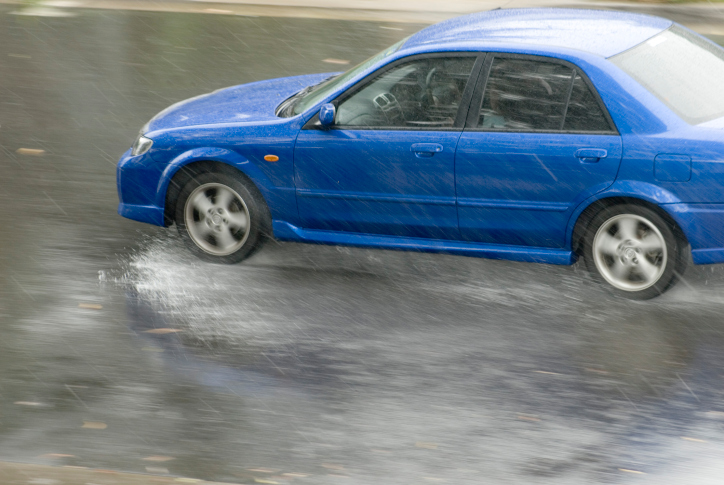 The road is filled with all sorts of drivers. While we could do with less road rage-fueled drivers, a good portion of the roads is made up of cautious drivers. These are the folks who drive the speed limit, fully stop at stop signs and generally obey traffic laws. Cautious drivers have less of a risk of getting into an accident and they instill the same values into their children, thereby improving the next generation of drivers.
The road is filled with all sorts of drivers. While we could do with less road rage-fueled drivers, a good portion of the roads is made up of cautious drivers. These are the folks who drive the speed limit, fully stop at stop signs and generally obey traffic laws. Cautious drivers have less of a risk of getting into an accident and they instill the same values into their children, thereby improving the next generation of drivers.
However, there are drivers who are so overly-cautious, they’re prone to panic attacks behind the wheel. These are the drivers who are so worried that something might go wrong that they drive under the speed limit and avoid other cars on the road at all costs, both of which can actually increase the likelihood of an accident. While a little bit of anxiety can be helpful in staying alert and focused, excessive stress can be problematic.
Stress feeds itself, particularly behind the wheel. If you have a panic attack while driving, your brain may associate that anxiety with being located in the car, causing more frequent panic attacks behind the wheel. Severe panic attacks may necessitate you to pull off the road, but mild panic attacks can often be managed with the following techniques:
- Drive through it: You may be nervous behind the wheel, but the best way to conquer a fear is to face it. So long as you can maintain control of your body, drive as much as you can. Eventually, your nerves may settle, allowing you to drive with less worry.
- Distract your mind: Many people begin to panic only when they’re “trapped” inside their own head. Turn on some music or a talk radio show so you can focus on something more pleasant than your fear of the road.
- Control your breathing: Slow, controlled breathing helps prevent you from hyperventilating. Breathe in for five seconds, hold for 3 and breathe out for five more seconds. This slowed breathing also improves the flow of oxygen throughout your blood stream.
- Extend your drives: It’s easy to panic in the car when you only drive short distances. Each errand is a new reason to panic. However, prolonged drives may help reprogram the way your brain interprets driving. Drive for a very long time. Take a short road trip even. After an hour or two, your panic is likely to subside in lieu of boredom. Once boredom sets in, driving can seem as mundane as brushing your teeth, giving you less cause for panic.
The goal for anxiety-riddled drivers is to find a healthy balance between caution and panic that allows them to drive safely without being overcome by stress.
Knowing that you’re protected can help ease nerves. Call La Familia Insurance at (888) 751-7511 for more information on auto insurance in Dallas.